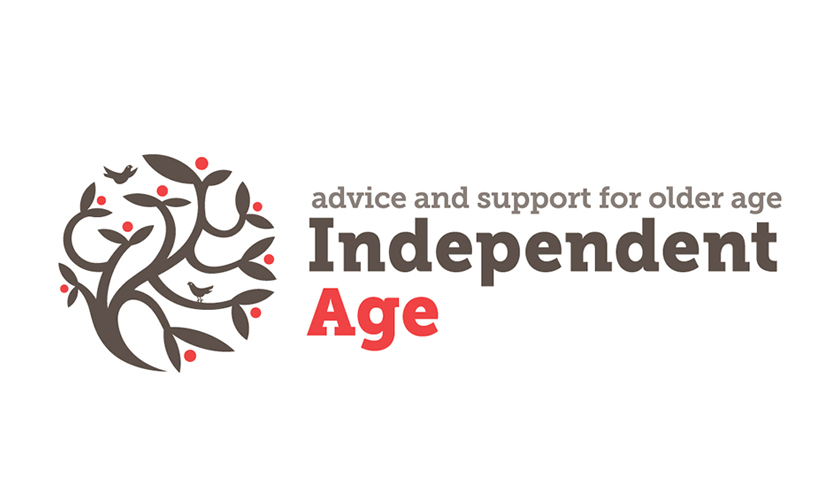Later life financial hardship charity Independent Age has teamed up with 24 other organisations to send a joint letter to the new Secretary of State for Environment, Food and Rural Affairs; Emma Reynolds, making the case for a national water social tariff in England and Wales. The letter comes as households in England and Wales are expected to spend an average of £603 in 2025/26 on their water and sewerage bill, 26% more than the year before.
The organisations regularly hear from people on low incomes who are struggling with the cost of water. For example, new YouGov polling commissioned by Independent Age shows that 42% of older people (65+) living on a low household income in England and Wales are either finding it a constant struggle – or a struggle from time to time – to keep up with their water bills.
In the letter, the organisations say:
“We’re sure you’ll agree that water is a basic essential and should be affordable for everyone.
“A national water social tariff would be an effective way to provide fair and consistent support for people in financial hardship, helping ensure more people are able to access the water they need without having to make extreme sacrifices. We strongly believe introducing a national water social tariff would make a tangible positive difference to the lives of people of all ages living on low incomes, and we ask you to launch a consultation on this as soon as possible.”
A national social tariff for water would mean people of all ages living on a low income would qualify for consistent financial support to lower their water bills. In 2024 Independent Age’s own research revealed that without intervention, the number of older people living in water poverty could rise from 750,000 to almost a million by 2029/30.
In July, the Independent Water Commission recommended the introduction of a national social tariff for water in England. Currently, all water companies provide a social tariff to protect customers living on low incomes, but the system is impacted by a postcode lottery as both eligibility criteria and generosity vary between companies and there is no option to change your water supplier.
Barbara, 78, Walsall said:
“My water bill has been a big concern for me. The price has just increased again and I have to watch how much water I use. I only take a shower every other day now, instead of daily, and I use ‘quick cycle’ on my washing machine to save on both my water and electricity bills.”
Judith Howard, 78, London said:
“A national water social tariff would change my life for the better if it reduces my bills. I never thought I would have to ration my water usage in later life.
“I’ve stopped having baths and just use my basin to wash myself, I don’t have a shower and can’t afford to have one put in. My washing machine is too expensive to run, I now have to do all my laundry at the launderette which is a bus ride away. I have even reduced the number of times I flush the toilet. I hate living this way, but I have no choice.”
Research from Independent Age shows there is widespread backing for a national water social tariff, 73% of older people in England and 72% in Wales across all incomes support the introduction of a single, standardised social tariff for water bills.
Independent Chief Executive Joanna Elson CBE said:
“Across England and Wales, many older people on low incomes tell us they are only washing a few times a week, reducing the amount of laundry they do and even avoiding flushing the toilet to save money. No one of any age should have to live like this.
“Water is an essential utility, but the current system is broken, the postcode lottery needs to end. All water companies provide some form of a social tariff, but they vary greatly in generosity and eligibility criteria. To make matters worse, you cannot change provider, so if you’re in financial hardship and worried about your water bill, you have almost no options.
“Water bills are set to rise in the coming years and without intervention from the UK Government, there will be a drastic surge in the number of older people living in water poverty. A national water social tariff in England and Wales would protect people living on low incomes. It’s time we built a fair water system where no one has to ration their usage because of high costs.”
